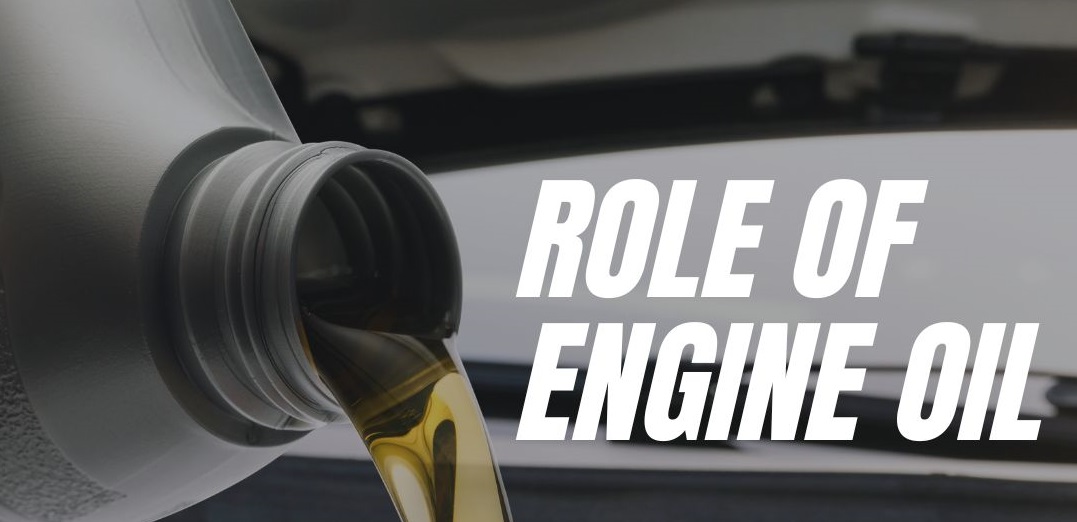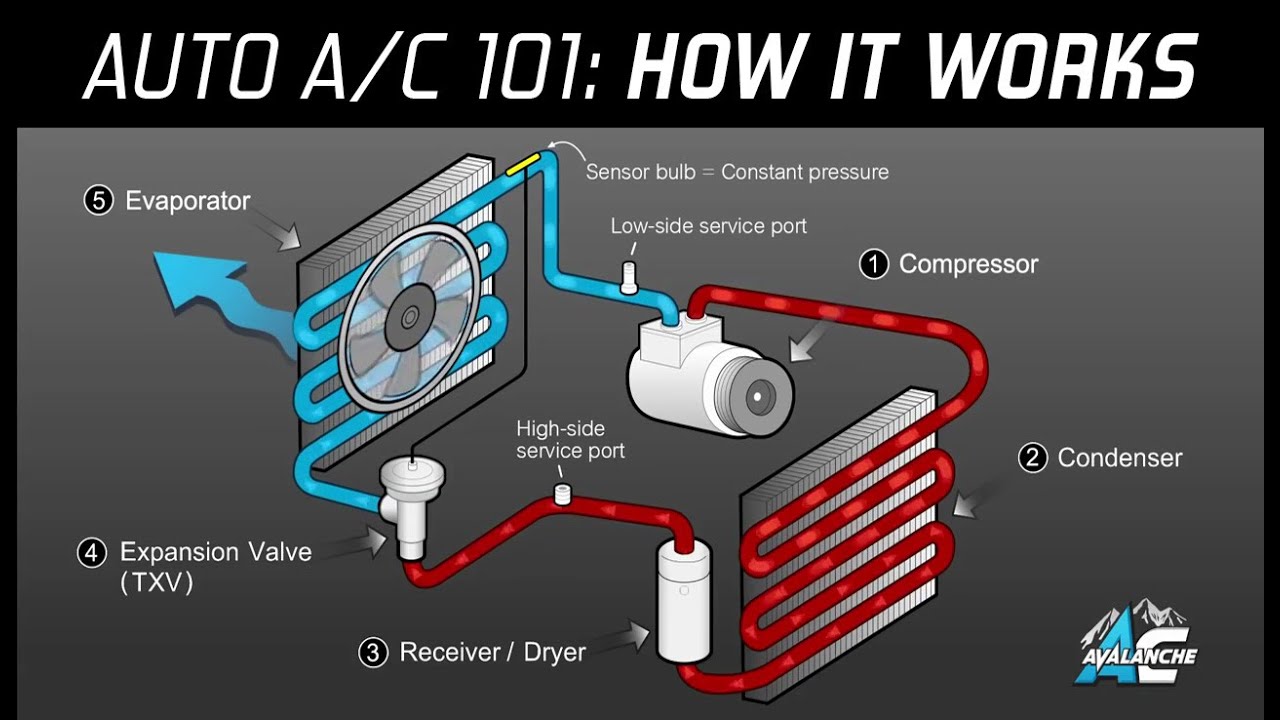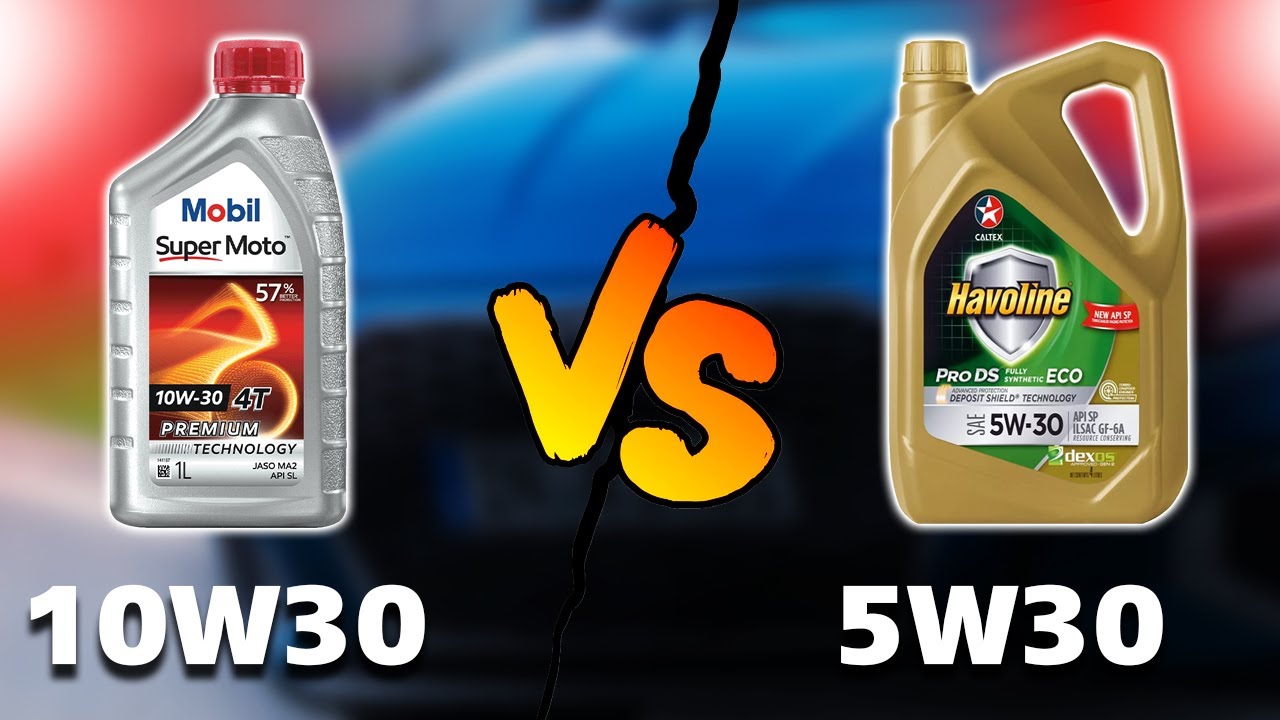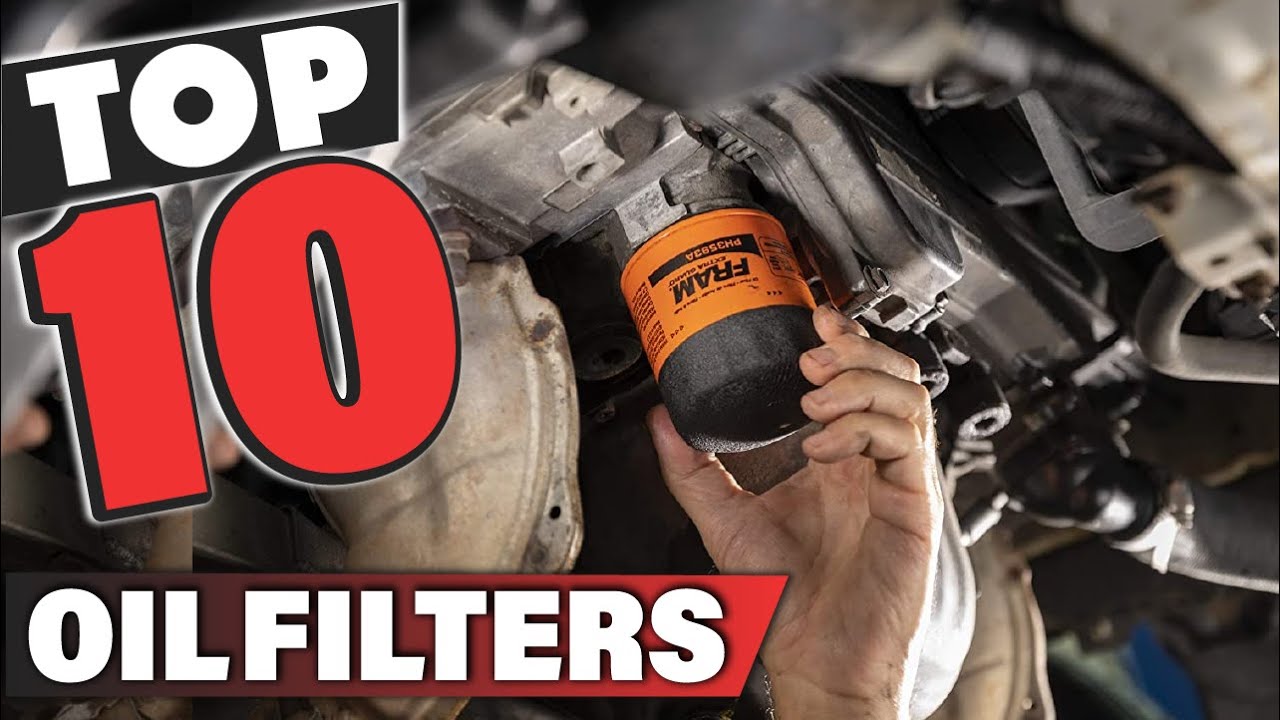The engine is the heart of the vehicle, it turns a piece of metal into a working vehicle, and engine oil is the blood of this heart. Without oil, the engine will not work properly, and it will eventually be fully damaged, and you need to change the whole engine and buy a new engine.
Changing the oil in a car is a fairly quick and easy procedure, and it’s essential to keeping your engine clean and running effectively. If you don’t change the oil, you may lose your engine. Over time, regular oil changes will help to remove contaminants that have built up and extend the life of your engine, so it’s a worthwhile investment that shouldn’t be overlooked.
Engine oil comes in many types and grades. Keep reading to learn everything you need to know about engine oil, including what it does, what its role is, different purposes of the engine oil.
There are the following roles of engine oil that you must need to know.
- Removes Deposits
- Enhanced Performance Of Engine Lubricant
- Engine Lubricant Cooling
- Engine Oil Lubrication And Protection
- Fuel Economy Improvements
- A Caveat
Different Roles Of Engine Oil
Removes Deposits
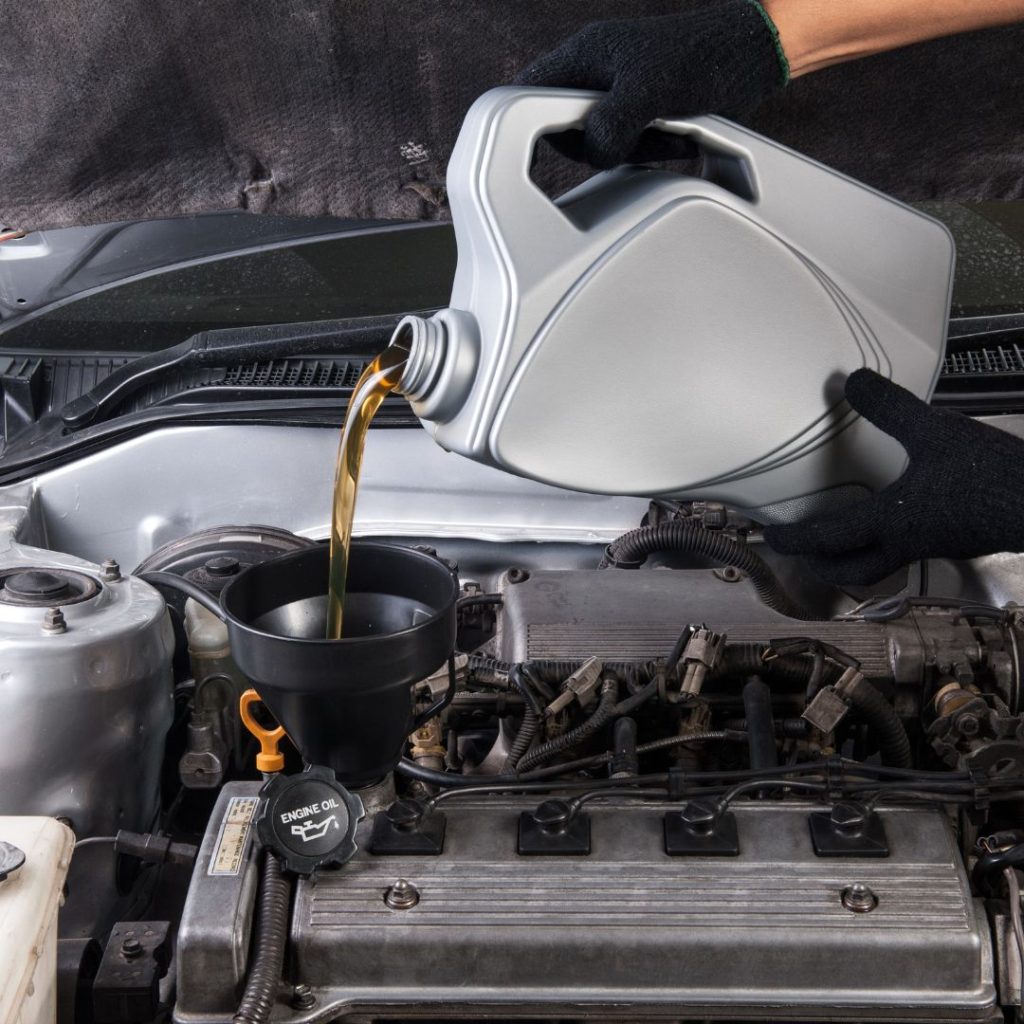
A clean engine is a well-running engine. It’s also less susceptible to damage. Conventional wisdom says you must change your oil every three months or 3,000 miles (4,828 kilometers), whichever comes first. This isn’t necessarily true in every case – some cars and some oils can take longer between changes, while others (such as racing cars) should be changed more often.
Detergents and dispersants are added to engine oil to keep the engine running well to remove contaminants from the engine. Detergents are there primarily to prevent deposits. They will also prevent rust and corrosion inside your car’s engine and can help dissolve existing deposits before they become a problem.
Dispersants break up deposits and suspend particles in the oil so that the filter can capture impurities as the oil flows. However, some experts warn that oil additives may not be as helpful as promised. They tend to have a limited life that won’t be beneficial after the oil change interval.
Enhanced Performance
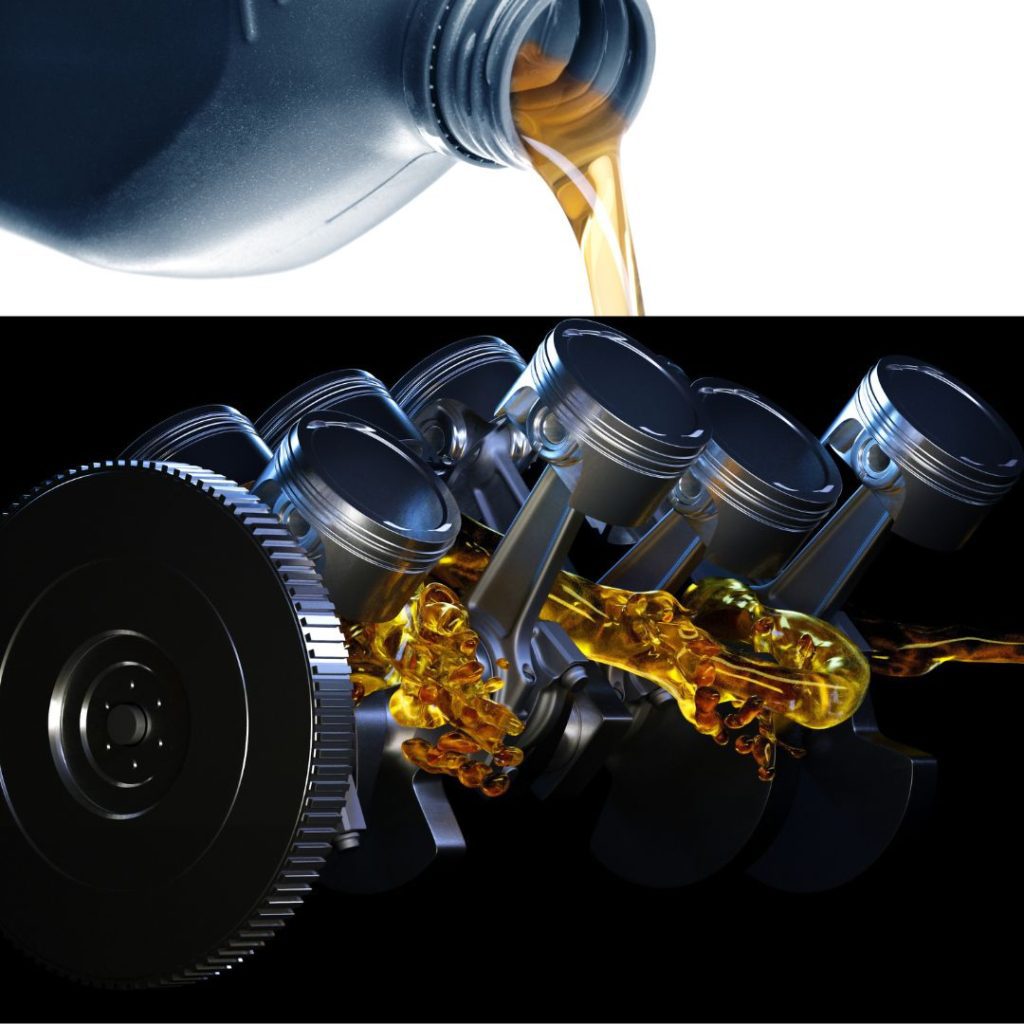
Did you know that the space between the piston and the cylinder is not completely smooth? Small imperfections in the cylinder walls and surface can make destitute you of output power. Lube is a fluid that protects these surfaces. They are applied to reduce friction between two surfaces.
Using lube can increase the lifespan of a vehicle. Lubricants reduce friction and wear, reducing maintenance and lower repair costs. Lubricants can extend the life of a vehicle’s engine.
Lubrication reduces friction and wear. When something moves over a surface, friction occurs. Friction causes heat and wear. Heat increases friction and wear.
If we want our engines to run smoothly, we need to keep them cool. Cooler running engines use less fuel and produce fewer emissions. We apply a thin oil film to the engine’s moving parts. The oil helps to keep the engine cool and decreases friction.
Engine Lubricant Cooling
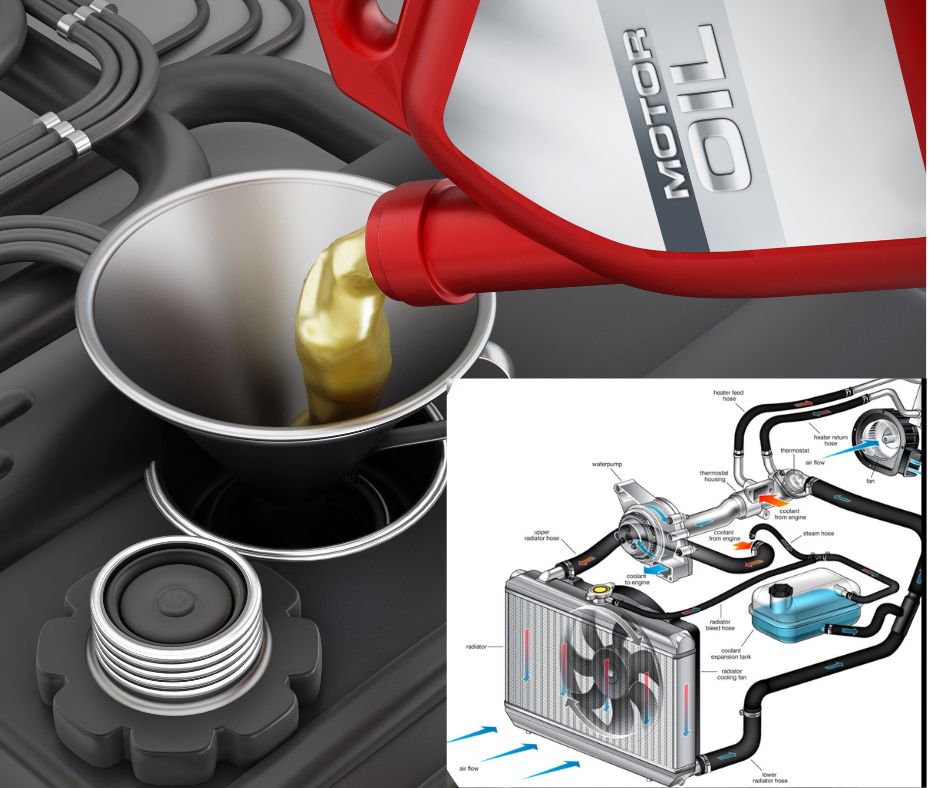
We don’t usually think of engine oil as a coolant, but the truth is that it works in tandem with the radiator fluid to reduce heat build-up that would otherwise damage the engine and shorten its life.
When the engine is running, it generates heat. If the engine is not cooled properly, the temperature inside the engine could rise to dangerous levels. When the engine runs, air passes over the fins on the radiator. As the air passes over the fins, it picks up some of the heat from the engine.
Engine lubricants cool down the engine by absorbing heat from the combustion chamber. When the engine heats up, the lubricating oil becomes thicker and less effective at protecting the moving parts. As the temperature increases, the viscosity of the oil decreases, and the oil begins to break down. Eventually, the oil breaks down completely and starts to burn.
Engine Oil Lubrication And Protection
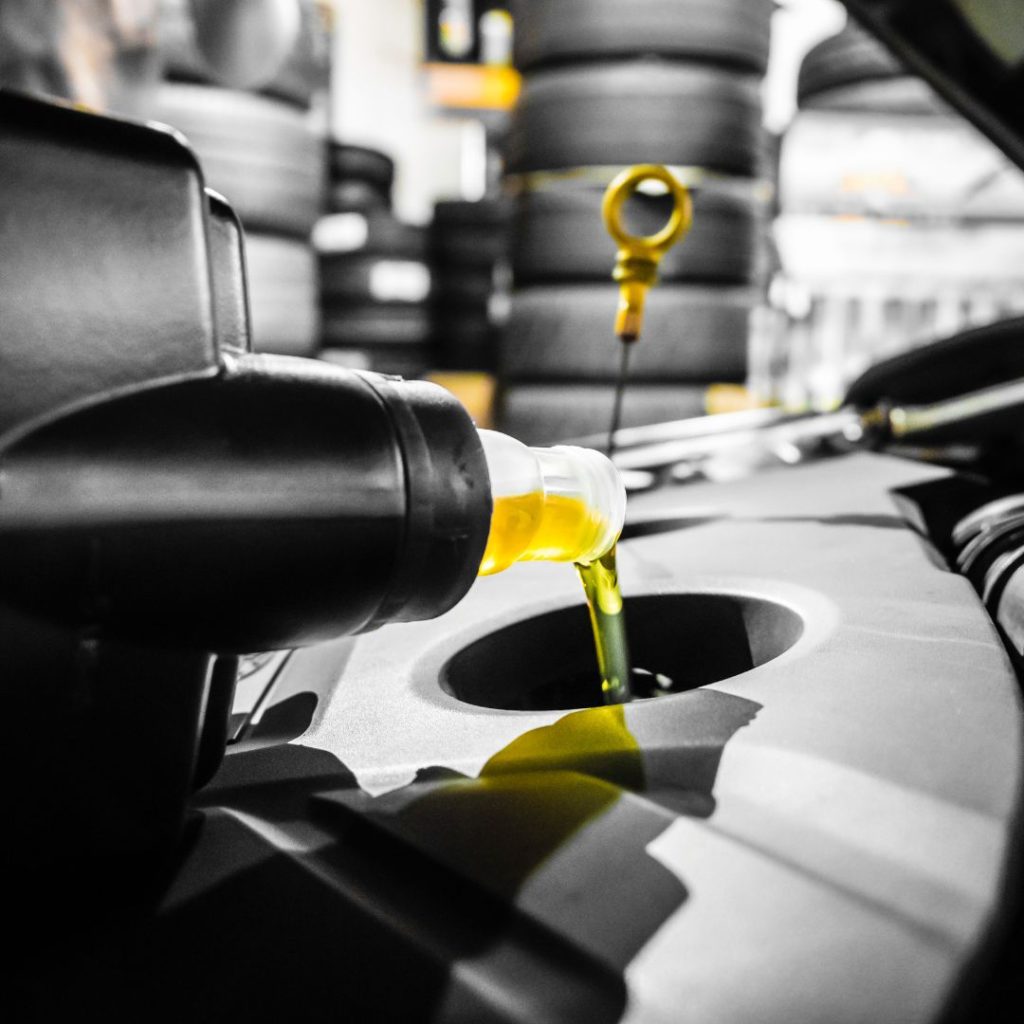
The most important purpose of engine oil is to lubricate and protect metal parts. A thin layer of oil prevents metal-to-metal contact, reduces wear, and extends engine life. When the engine is not working, the oil collects dirt and debris. Over time, these particles build up on the engine’s surface and cause damage.
Engine oil lubricates the engine’s moving parts and helps prevent friction between them. It does this by reducing the metal-to-metal contact that occurs when two surfaces rub together. When metal comes into direct contact with each other, they create wear and tear on both surfaces, causing damage to the engine. By using engine oil, the metal surfaces do not touch directly, thus preventing wear and tear.
Engine oil prevents corrosion. Metal parts inside the engine need to be protected from moisture and oxygen. These elements can cause rust to develop on the metal surface, which could lead to premature failure of the engine. Engine oil protects from these harmful elements.
Fuel Economy Improvements
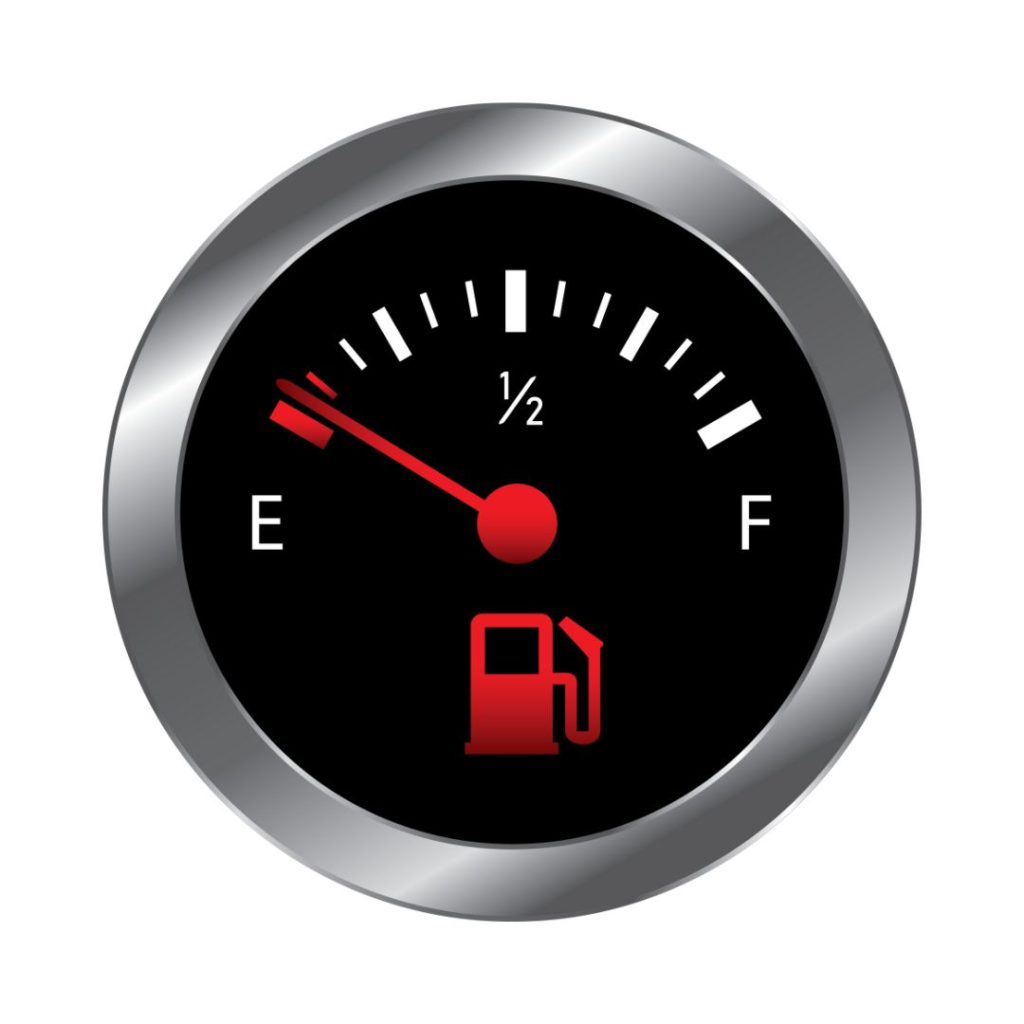
A properly lubricated engine works smoothly, with little friction that robs it of power and increases fuel consumption. However, as the oil degrades, it loses its ability to lubricate properly, increasing fuel consumption and reducing performance.
To maintain optimum engine efficiency, engine oil should be changed regularly. Changing engine oil is recommended after about 3,000 miles. If you drive less than 10,000 miles annually, changing your engine oil every 6 months is sufficient. However, if you drive more than 10,000 miles yearly, you may need to change your engine oil more frequently.
The best way to check whether your engine oil needs to be changed is to look at the oil level. Before starting your vehicle, always fill your engine’s oil pan to the top. When checking the oil level, make sure to use a dipstick. Dipsticks are small tubes that fit into the oil pan. Use them to measure how much oil is left in the engine.
If you notice that your engine oil is low, then you should replace it immediately. Low engine oil levels can cause damage to your engine. In addition, low engine oil levels can lead to increased fuel consumption.
You should never add extra oil to your engine. Adding additional oil will only increase the amount of oil that leaks out of the engine. This will result in decreased engine efficiency.
Caveats
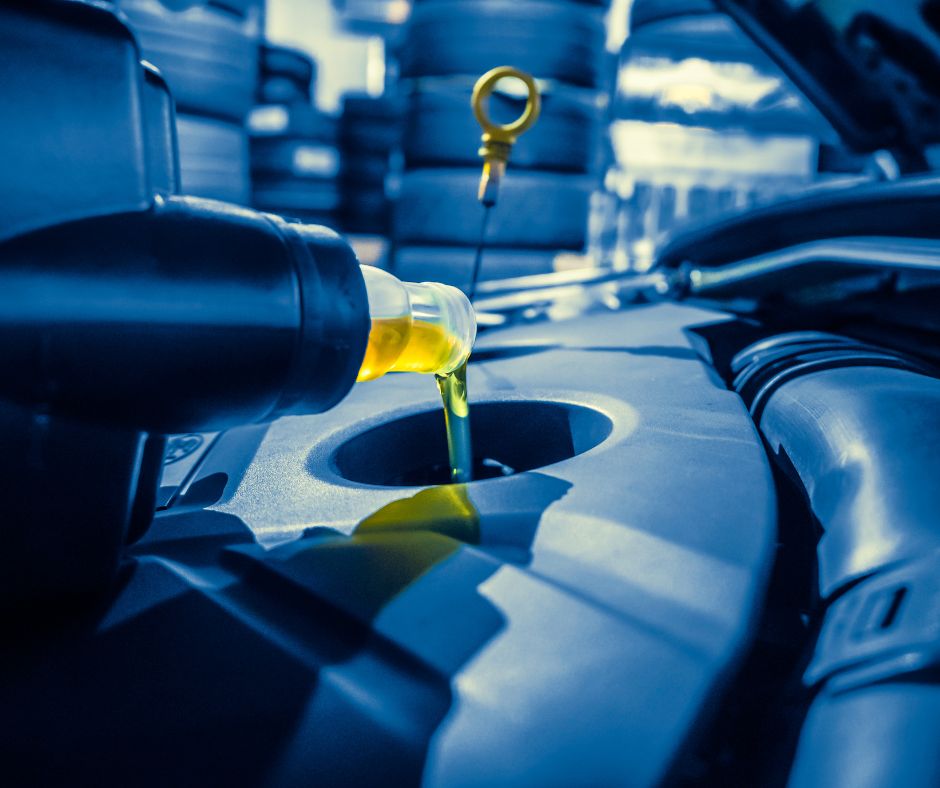
Caveats are small holes in the bottom of an engine block. These holes allow air to enter the combustion chamber. Air enters the combustion chamber through these holes and mixes with fuel. Fuel burns higher than normal, causing the engine to run hotter. If the engine overheats, it may catch fire.
The role of engine oil in a caveat is to help prevent the engine from catching fire. Engine oil prevents the engine from getting hot enough to cause the engine to overheat. Without engine oil, the engine would get extremely hot and possibly catch fire.
Conclusion
With that being said, this rule does not include higher-duty motors. Passenger pickups, heavy trucks, and diesel engines require oil, viscosity, and other specifications. You must purchase the correct oil for each engine from a manufacturer that meets or exceeds industry standards and government regulations. Otherwise, you could reduce the engine’s life, a waste of money.
FAQS
Do engine oil additives really work?
Yes!
Many engine oil additives are specifically formulated to reduce friction between moving parts inside your engine. This reduces the amount of wear and tear on those parts. If you want to add engine oil additives to your vehicle, look for ones that have been tested and proven effective. Look for brands that use natural ingredients and don’t contain any harmful chemicals.
How long do oil additives last?
Some oil additives may have a shelf-life of several months, others will only last a few days. If you’re looking to maximize your yield and potency, it’s best to use oil additives sparingly and replace them regularly.
